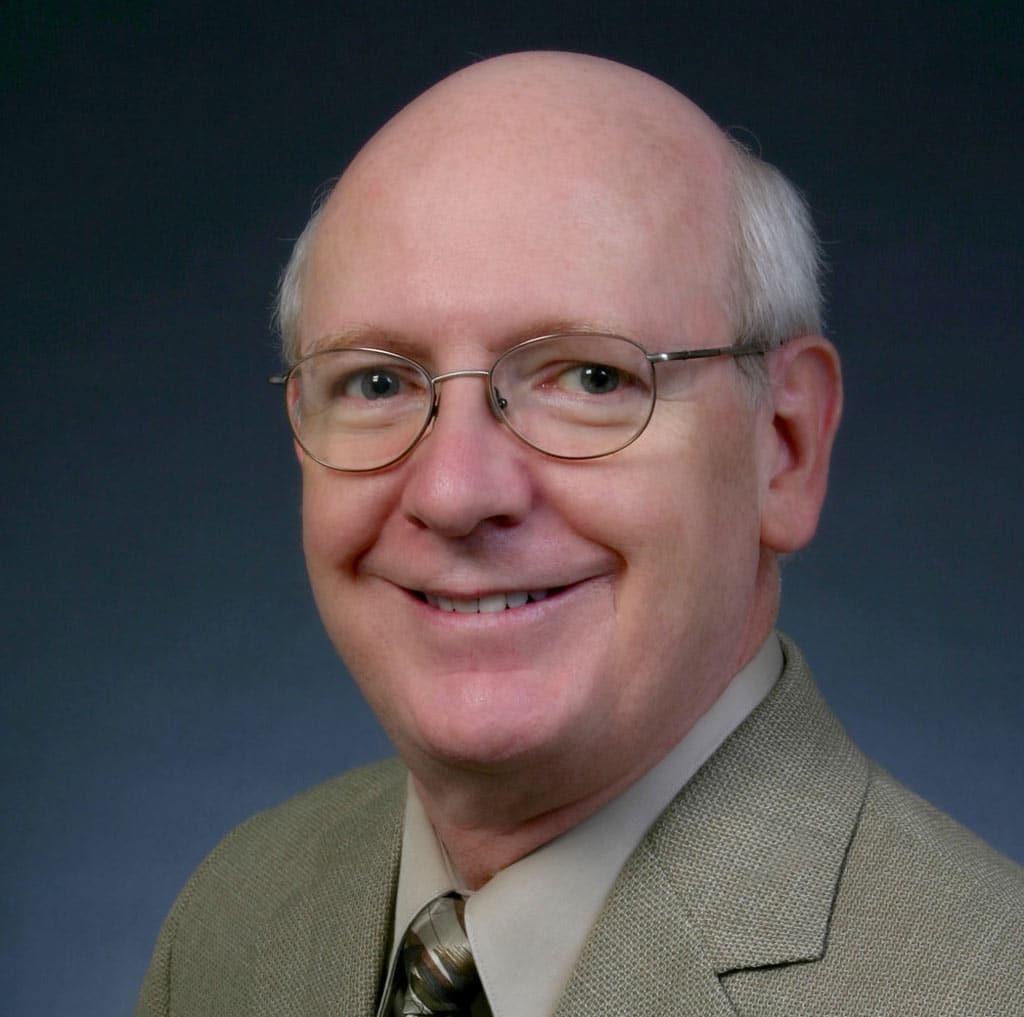Maxillofacial revision surgery is a highly specialized field within the realm of jaw surgery that holds the key to unlocking the secrets of facial reconstruction. With its transformative potential, this surgical approach aims to rectify and refine previous jaw surgeries, correcting any lingering issues and restoring both form and function.
In this article, we delve into the intricacies of maxillofacial revision surgery, shedding light on the specialized techniques and procedures employed by skilled surgeons. From addressing complications arising from previous surgeries to improving facial symmetry and alleviating functional challenges, this field offers hope and a fresh start for individuals who may not have achieved their desired outcomes the first time around.
We take an in-depth look into the various applications of maxillofacial revision surgery, exploring different scenarios where this highly specialized expertise can make a significant difference. By understanding the secrets of this advanced field, patients and medical professionals alike can gain valuable insights into the possibilities, benefits, and considerations of undergoing maxillofacial revision surgery.
What is maxillofacial revision surgery?
Maxillofacial revision surgery, also known as corrective jaw surgery, is a specialized branch of oral and maxillofacial surgery that focuses on correcting previous jaw surgeries or addressing issues that may have developed over time. It involves complex procedures aimed at improving the function, aesthetics, and overall well-being of individuals who require revision or refinement of their jaw structures.
The primary goal of maxillofacial revision surgery is to rectify any complications or unsatisfactory outcomes from previous surgeries, such as malocclusion, misalignment, facial asymmetry, or functional limitations. By carefully evaluating the patient’s specific needs and goals, the surgeon can develop a customized treatment plan to address these concerns and optimize the results.
Maxillofacial revision surgery requires a high level of precision and expertise, as it involves intricate adjustments and modifications to the bones, soft tissues, and dental structures of the face. Surgeons in this field undergo extensive training to develop the necessary skills and knowledge to perform these complex procedures successfully.
When is maxillofacial revision surgery needed?
Maxillofacial revision surgery may be needed in various situations. It can be performed to correct complications that arise from previous jaw surgeries, such as orthognathic surgery, which aims to correct skeletal abnormalities and improve dental occlusion. Despite the initial surgery’s best intentions, some patients may experience relapse, inadequate results, or new issues that require further intervention.
Additionally, maxillofacial revision surgery may be necessary to address functional challenges that affect a person’s quality of life. These challenges can include difficulties with chewing, speaking, breathing, or overall facial expression. By addressing these functional issues, maxillofacial revision surgery can significantly improve a patient’s well-being and self-confidence.
Furthermore, maxillofacial revision surgery may be sought to enhance facial aesthetics and symmetry. Some individuals may have undergone previous surgeries that did not achieve the desired level of facial harmony or balance. Revision procedures can refine the existing structures, optimizing facial proportions and creating a more aesthetically pleasing appearance.
Common reasons for maxillofacial revision surgery
There are several common reasons why individuals may require maxillofacial revision surgery. One of the primary reasons is the relapse or inadequate results following previous orthognathic surgery. Despite the initial surgery’s success, certain factors, such as bone healing or changes in facial growth, can lead to relapse or unsatisfactory outcomes.
Another common reason for maxillofacial revision surgery is the presence of functional challenges. These challenges can range from difficulties with biting, chewing, or speaking to more severe issues, such as obstructive sleep apnea or temporomandibular joint disorders. Maxillofacial revision surgery aims to address these functional concerns, improving the patient’s overall quality of life.
Facial asymmetry is also a common reason for seeking maxillofacial revision surgery. Some individuals may have undergone previous surgeries that did not adequately address facial imbalances or achieve optimal symmetry. Revision procedures can help correct these asymmetries, resulting in a more harmonious and balanced facial appearance.
The importance of a specialized surgeon for maxillofacial revision surgery
When it comes to maxillofacial revision surgery, choosing a highly specialized surgeon is of utmost importance. These complex procedures require a surgeon with a deep understanding of facial anatomy, bone structure, and dental occlusion. A specialized surgeon possesses the necessary expertise, skills, and experience to navigate the intricacies of revision surgery successfully.
A specialized surgeon in maxillofacial revision surgery has undergone extensive training and education in the field of oral and maxillofacial surgery. They possess a thorough knowledge of the various surgical techniques, advancements in technology, and the latest research in the field. This expertise allows them to tailor the surgical approach to the patient’s specific needs, ensuring optimal outcomes and minimizing the risk of complications.
Furthermore, specialized surgeons often work in collaboration with a multidisciplinary team of professionals, including orthodontists, prosthodontists, and speech therapists. This collaborative approach ensures comprehensive care and a holistic treatment plan for patients undergoing maxillofacial revision surgery.
The process of maxillofacial revision surgery
The process of maxillofacial revision surgery typically begins with an initial consultation with the specialized surgeon. During this consultation, the surgeon will evaluate the patient’s concerns, review their medical history, and conduct a thorough examination of the facial structures. They may also utilize advanced imaging techniques, such as 3D imaging or computerized tomography, to assess the underlying bone and soft tissue structures more accurately.
Based on this evaluation, the surgeon will develop a customized treatment plan tailored to the patient’s specific needs. The plan may involve various surgical techniques, such as bone grafting, osteotomy, or repositioning of the jaw structures. The surgeon will explain the procedure in detail, including the expected outcomes, potential risks, and post-operative recovery process.
On the day of the surgery, the patient will be placed under general anesthesia to ensure their comfort throughout the procedure. The surgeon will carefully execute the planned surgical steps, making precise adjustments to the facial structures as needed. Advanced techniques, such as computer-assisted surgery or the use of surgical guides, may be employed to enhance the surgical precision and optimize the results.
Once the surgery is completed, the patient will be closely monitored in a recovery room before being transferred to a hospital room or released to go home, depending on the complexity of the procedure. The recovery period for maxillofacial revision surgery can vary, with most patients experiencing some swelling, discomfort, and temporary changes in sensation. The surgeon will provide detailed instructions for post-operative care, including pain management, diet restrictions, and follow-up appointments.
Recovery and aftercare for maxillofacial revision surgery
The recovery period following maxillofacial revision surgery is a crucial phase in the overall treatment process. It is essential for patients to follow the surgeon’s post-operative instructions carefully to ensure proper healing and optimal outcomes. While the recovery experience may vary depending on the individual and the complexity of the surgery, there are some general guidelines and considerations.
During the initial days and weeks after surgery, patients may experience swelling, bruising, and discomfort. The surgeon may prescribe pain medication to manage any discomfort or pain. Applying cold compresses to the face and keeping the head elevated can also help reduce swelling. It is essential to avoid vigorous physical activity and to follow a soft or liquid diet as recommended by the surgeon.
Patients should maintain good oral hygiene during the recovery period, following the specific instructions provided by the surgeon. This may include gentle brushing, rinsing with saltwater, and avoiding certain foods or activities that could disrupt the healing process.
Regular follow-up appointments with the surgeon will be scheduled to monitor the progress of the recovery and address any concerns or questions the patient may have. These appointments provide an opportunity for the surgeon to evaluate the healing process, make any necessary adjustments, and ensure that the desired outcomes are being achieved.
Risks and complications of maxillofacial revision surgery
Like any surgical procedure, maxillofacial revision surgery carries certain risks and potential complications. It is crucial for patients to have a thorough understanding of these risks before proceeding with the surgery. During the initial consultation, the specialized surgeon will discuss the potential risks and complications specific to the patient’s case.
Some common risks associated with maxillofacial revision surgery include infection, bleeding, and adverse reactions to anesthesia. The surgeon will take all necessary precautions to minimize these risks and ensure the patient’s safety throughout the procedure.
Other potential complications can include temporary or permanent changes in sensation, such as numbness or altered feeling in the face or lips. There may also be risks associated with bone healing, such as delayed union, nonunion, or infection at the surgical site. The surgeon will closely monitor the healing process and provide appropriate guidance to minimize these risks.
It is essential for patients to maintain open and honest communication with the surgeon, reporting any unexpected symptoms or concerns promptly. By closely following the surgeon’s instructions and attending all scheduled follow-up appointments, patients can help mitigate the risks and ensure a smooth recovery.
Success stories and patient testimonials of maxillofacial revision surgery
Maxillofacial revision surgery has the potential to transform lives, restoring both form and function for individuals who may not have achieved their desired outcomes from previous jaw surgeries. Numerous success stories and positive patient testimonials highlight the life-changing impact of this specialized field of surgery.
Patients who have undergone maxillofacial revision surgery often report significant improvements in their quality of life. They experience enhanced facial aesthetics, improved functional abilities, and increased self-confidence. These success stories serve as a testament to the skilled surgeons and the transformative power of maxillofacial revision surgery.
One success story involves a patient who had previously undergone orthognathic surgery to correct a severe underbite. Despite the initial surgery’s success, the patient experienced relapse over time, leading to functional challenges and dissatisfaction with their appearance. Through maxillofacial revision surgery, the specialized surgeon was able to address the relapse, refine the jaw structures, and restore proper function and facial aesthetics. The patient reported a significant improvement in their quality of life and regained their self-confidence.
Another success story involves a patient who had undergone a previous jaw surgery that resulted in facial asymmetry. This imbalance affected both their appearance and chewing abilities. With the expertise of a specialized surgeon in maxillofacial revision surgery, the patient underwent a revision procedure to correct the asymmetry and optimize facial harmony. Following the surgery, the patient experienced improved facial symmetry, enhanced chewing abilities, and a renewed sense of self-esteem.
These success stories highlight the transformative potential of maxillofacial revision surgery and the positive impact it can have on patients’ lives. By choosing a skilled and specialized surgeon, individuals can increase their chances of achieving optimal outcomes and experiencing the life-changing benefits of this specialized field.
Finding the right surgeon for maxillofacial revision surgery
Finding the right surgeon for maxillofacial revision surgery is a crucial step in the treatment journey. It is essential to choose a highly specialized surgeon with extensive experience and expertise in this field. Here are some key considerations to keep in mind when searching for a maxillofacial revision surgeon:
1. Specialization: Look for a surgeon who specializes in maxillofacial revision surgery and has a proven track record of successful outcomes. They should have completed advanced training and possess the necessary certifications in oral and maxillofacial surgery.
2. Experience: Consider the surgeon’s experience in performing maxillofacial revision surgeries. Ask about the number of similar procedures they have performed and inquire about their success rates and patient satisfaction.
3. Reputation: Research the surgeon’s reputation and read patient reviews and testimonials. This can provide insights into their skills, bedside manner, and overall patient experience.
4. Collaboration: Consider a surgeon who works in collaboration with a multidisciplinary team, as this ensures comprehensive care and access to a range of expertise.
5. Communication: Choose a surgeon who communicates effectively and takes the time to understand your specific concerns and goals. They should be able to explain the procedure in detail, answer your questions, and provide realistic expectations.
6. Technology and Facilities: Inquire about the surgeon’s access to advanced technology and state-of-the-art facilities. These resources can enhance the precision and outcomes of maxillofacial revision surgeries.
By carefully considering these factors and conducting thorough research, patients can find the right surgeon who can deliver the desired results and provide comprehensive care throughout the treatment process.
Conclusion: The life-changing impact of maxillofacial revision surgery
Maxillofacial revision surgery is a specialized field within the realm of jaw surgery that holds the key to unlocking the secrets of facial reconstruction. With its transformative potential, this surgical approach aims to rectify and refine previous jaw surgeries, correcting any lingering issues and restoring both form and function.
Through specialized techniques and procedures, maxillofacial revision surgery addresses complications arising from previous surgeries, improves facial symmetry, and alleviates functional challenges. It offers hope and a fresh start for individuals who may not have achieved their desired outcomes the first time around.
By gaining a deeper understanding of maxillofacial revision surgery, patients and medical professionals can appreciate the possibilities, benefits, and considerations of undergoing this highly specialized procedure. From finding the right surgeon to managing the recovery process, each step plays a crucial role in achieving optimal outcomes and experiencing the life-changing impact of maxillofacial revision surgery.






